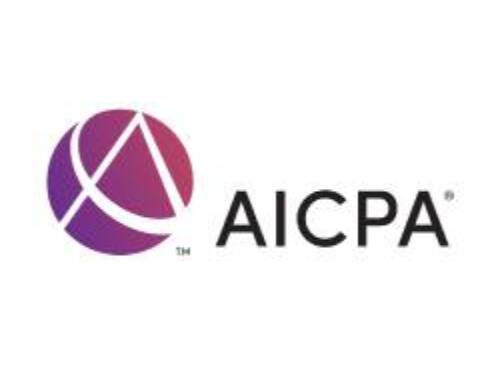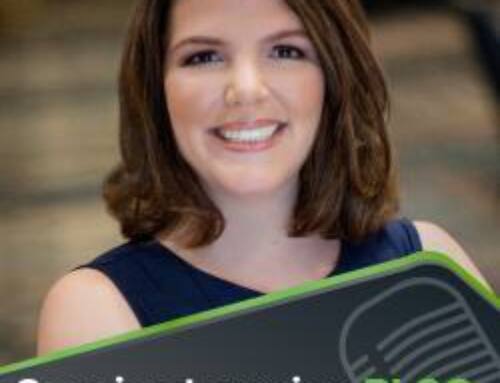Welcome to the Federal Tax Update Podcast, hosted by Lynn Nichols. This is presented as a member benefit by the South Carolina Association of CPAs. It is produced to provide current information about developments in U.S. tax law, such as cases, ruling, IRS pronouncements and expert comments on hot topics.
The commentary is brief, and you should not take a position on the items discussed until you thoroughly examine it with authoritative sources. All topics can be found discussed in further length at Tax Notes Today.
“I have relied on Tax Analysts® to provide reliable and timely analysis of Federal tax developments for over 30 years. The ‘headnotes’ you see here are from ‘Tax Notes Today,’ the preeminent source of accurate information and analysis of important developments and trends in Federal taxation,” Nichols says.
You can contact Lynn Nichols at lynnnicholscpa@outlook.com or 714.321.3387 and connect on LinkedIn.
The Tax Court held that an individual is entitled to innocent spouse relief under section 6015(f) from a joint tax liability with her former husband that was attributable to his lawn care business, finding that the factors for granting relief weigh in her favor because she is divorced, she did not have knowledge that he wouldn’t pay, and she didn’t receive a significant benefit. [Beverly Robinson; No. 12498-16; T.C. Memo. 2020-134; 9/23/2020]
Nichols note: “The judge pulled out all the stops to find a wife not liable for the balance due on a joint return she NEVER should have filed with her bum of a husband! This is a real ‘Teaching Case’ because the facts take us squarely into the process for determining the wife in this case to be eligible for equitable relief if not for statutory relief. A side issue is the reluctance of the IRS to render a decision where the Tax Court has clear authority to apply ‘equity.’ That’s because IRS conferees are not trained to make equitable decisions, only to count recited factors and make decisions based on how many favor a taxpayer and how many do not. The Court here determined that Beverly Robinson met the majority of factors to get equitable relief, but still added ‘facts and circumstances’ to make sure there would be no question about Beverly’s prevailing position – roughly equivalent to bayonetting the wounded!”
The IRS has announced (IR-2020-216) the release of the last in a package of final regulations (T.D. 9916) implementing the 100 percent additional first-year depreciation deduction allowing businesses to write off the cost of most depreciable business assets in the year they are placed in service by the business. [IR-2020-216; 9/21/2020]
Final Bonus Regs Bring Clarifications and One Disappointment
The second batch of final bonus depreciation regulations answer several questions left over after the first batch as well as those posed by an intervening technical correction. [Tax Notes Today, 9/23/2020, Article by Nathan Richman]
Final Bonus Depreciation Regs Provide Further Guidance
The IRS has issued final regulations (T.D. 9916) that provide guidance on the additional first-year depreciation deduction under section 168(k). [T.D. 9916; 9/21/2020]
The IRS has issued final regulations (T.D. 9918) clarifying that some deductions allowed to an estate or non-grantor trust are not considered miscellaneous itemized deductions. [T.D. 9918; 9/21/2020]
The IRS has announced (Announcement 2020-12) that lenders need not file information returns or furnish payee statements under section 6050P to report the amount of qualifying forgiveness regarding covered loans made under the Paycheck Protection Program. [Announcement 2020-12; 2020-41 IRB 1; 9/22/2020]
The IRS has urged (IR-2020-220) taxpayers working from home to take advantage of the home office deduction if they are eligible. [IR-2020-220; 9/23/2020]
A federal tax specialist for 50 years, Lynn Nichols provides tax consulting services to CPA firms on complex federal income tax issues, professional standards in tax practice and effective tax practice management. Check out his Tax Updates video playlist.
Click and subscribe to the SCACPA YouTube channel so you don’t miss another update on guidance from the experts.




